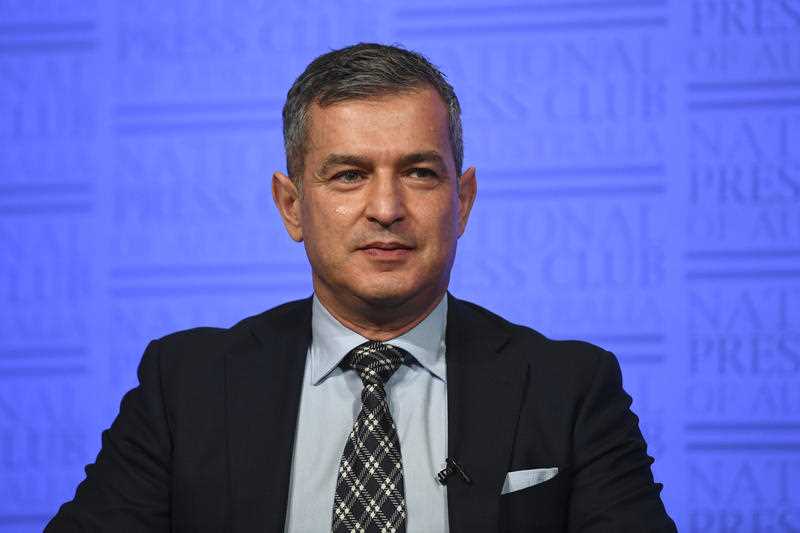The Fair Work Commission‘s decision to increase the minimum wage by 5.2 per cent was the correct one, despite concerns raised by business groups, the prime minister says.
The commission on Wednesday ruled the nation’s lowest-paid workers would receive a $40-a-week pay rise from July 1.
The 5.2 per cent per annum increase – the highest in 16 years – equates to a rate of $812.60 per week, or $21.38 per hour.
- ALSO READ: What the wage rise means for Canberra
Prime Minister Anthony Albanese said low-paid workers deserved a real wage increase in light of rising inflation.
“When you take into account the economic impact of this decision, it is the correct one,” Mr Albanese told ABC radio on Thursday.
“(The commission) agreed effectively with the government submission, that the lowest-paid workers – who were on just $20.33 an hour (and) will now have that increase by just $1.05 an hour – didn’t deserve a real wage cut.”
The rise in the minimum wage will take effect in July, except for aviation, tourism and hospitality sector workers, who will have to wait until October.
However, key business groups have criticised the increase.
Australian Industry Group chief executive Innes Willox said the rise will fuel inflation.
“This wage increase will put a lot of pressure on business because they’re already under pressure with energy cost increases, interest rate rises and concerns around their own inflation,” he told ABC television.
“It’s very much an issue for many employers who are telling us, particularly smaller ones, that they will struggle to pay this and they’ll have to make decisions around future employment.”
Mr Willox said while no one was disputing the need for a wage rise, the consequences of a 5.2 per cent increase will be high.
Opposition Leader Peter Dutton said he was concerned for small businesses following the wages decision.
“If it means businesses can’t afford those jobs, then I’m worried for those jobs,” Mr Dutton told Sydney radio station 2GB.
“I worry they’re not going to put the extra apprentice on or they’re not going to give those extra hours … that’s the economic reality, particularly in a high inflationary environment.”
It comes as new figures show the national unemployment rate remained stable in the past month, staying at 3.9 per cent.
The Australian Retailers Association, which pushed for a 3.2 per cent rise, said businesses could be tipped “over the edge”.
“Whilst the ARA supports an increase to the minimum wage for our frontline teams, the scale of this increase from the Fair Work Commission could send some businesses to the brink,” chief executive Paul Zahra said.
However, Australian Council of Trade Unions secretary Sally McManus said the rise in the minimum wage would help small businesses.
“The biggest threat for small business is the fact that their customers don’t have money to spend,” she told ABC television.
“If they have a further wage cut from all of the other employers and a lot of big business who can afford it, that is less money for small business.”
Ms McManus said it was disappointing that workers in some sectors would not see the pay rise until October.



